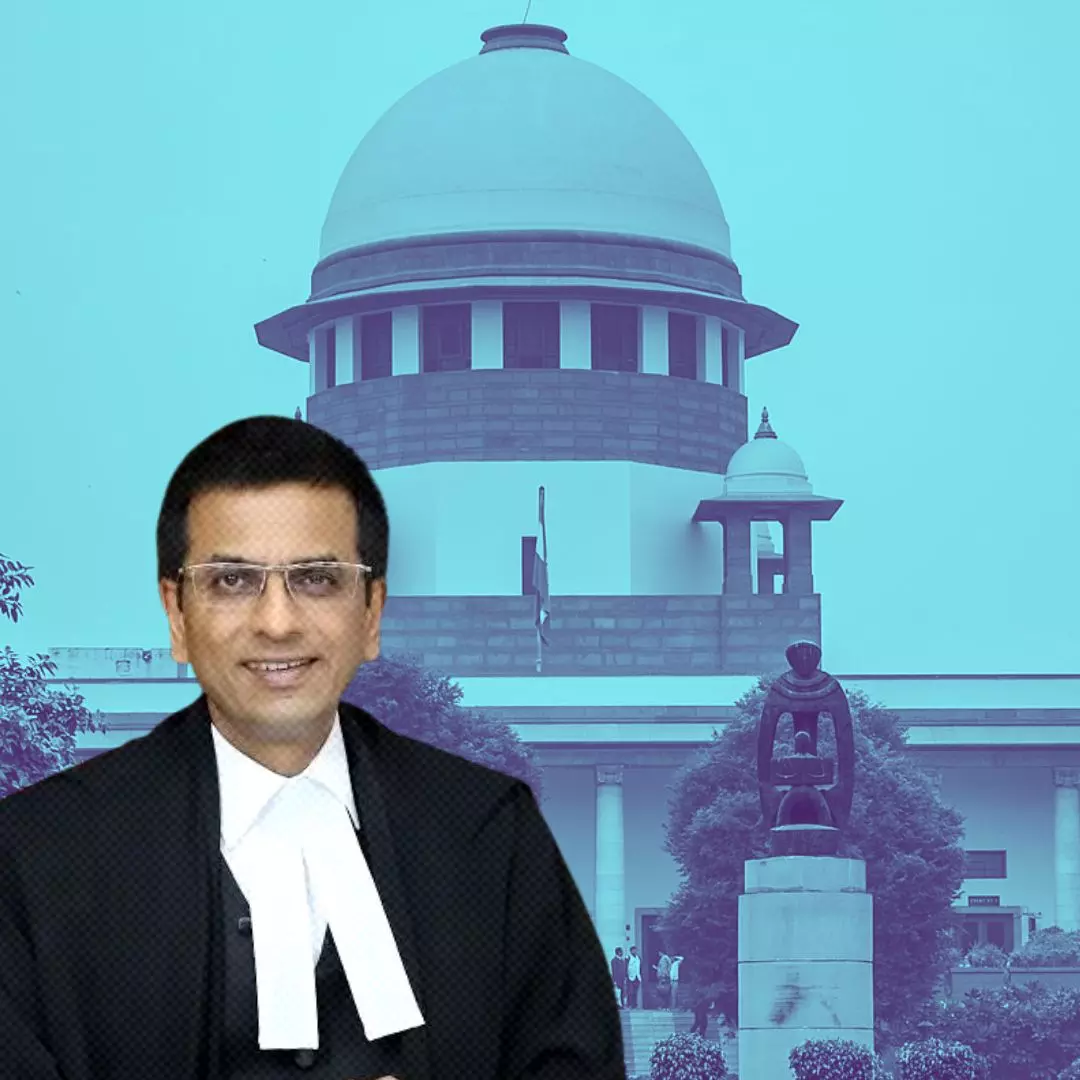The Supreme Court of India upheld the constitutional validity of Section 6A of the Citizenship Act, recognizing the Assam Accord, with a 4:1 majority on October 17, 2024. This ruling allows Bangladeshi immigrants who entered Assam before March 25, 1971, to obtain Indian citizenship, addressing concerns about demographic changes and cultural preservation in the state. Chief Justice DY Chandrachud emphasized that this was a political solution to a unique problem faced by Assam, while dissenting Justice JB Pardiwala argued against its constitutionality. The decision has significant implications for the rights of indigenous Assamese citizens and the ongoing discourse on immigration.
Supreme Court’s Landmark Ruling
In a significant judgment delivered by a five-judge bench led by Chief Justice DY Chandrachud, the court upheld Section 6A by stating it serves as a legislative remedy to the humanitarian crisis stemming from the Bangladesh Liberation War. The majority opinion highlighted that the influx of refugees posed a severe threat to Assam’s culture and demography. Justice Chandrachud noted that while the provision uniquely applies to Assam due to its higher percentage of migrants, it does not infringe upon the rights of indigenous populations under Article 29 of the Constitution. The ruling has been met with mixed reactions from various stakeholders, including local civil society groups who argue it undermines indigenous rights.
Context and Background
The legal battle over Section 6A began in 2012 when organizations like the Assam Sanmilita Mahasangha challenged its discriminatory nature, claiming it unfairly favored certain migrants over others. The Assam Accord, signed in 1985, aimed to address tensions arising from immigration but has been contentious due to its implications for local demographics. The Supreme Court’s ruling reinforces the cut-off date of March 25, 1971, for citizenship eligibility while dismissing arguments that it should apply uniformly across other states facing similar migration issues. This decision is expected to influence future policies regarding illegal immigration and citizenship rights in India.
The Logical Indian’s Perspective
This ruling raises critical questions about balancing humanitarian concerns with the rights of local populations. While acknowledging the historical context surrounding immigration in Assam, it is essential to ensure that policies foster harmony and coexistence among diverse communities. As we reflect on this landmark judgment, we invite our readers to consider: How can India navigate its complex immigration challenges while preserving cultural integrity and promoting social justice?











